Startup India: On the Road to Build Skills
A robust startup ecosystem There has never been a better time to be a…
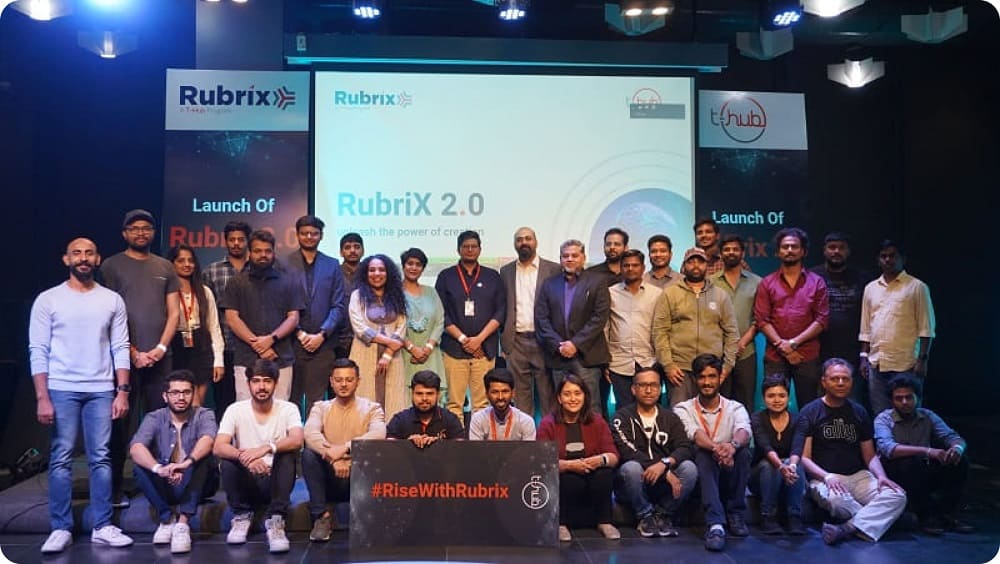

Industry reports conclude that 85% of product ideas fail. Lack of end-user empathy & development life cycle forms the crux of the problem.
RubriX reverses the number — enabling 80%+ entrepreneurs to succeed in product development through a holistic approach involving modules, interventions, and tools.
Our proposition is simple: bring a prototype/MVP, and we’ll deliver you a market-dominating minimum viable product (MVP) in 100 days at a minimal investment.
Impact-focused mentorship to overcome roadblocks & explore growth avenues.
1:1 Expert hours
Upto $10000 cloud credits
Receive valuable advice and support from a like-minded community of founders.
Present your product to the community to gain confidence and exposure.
Get hands-on exposure, learning, and growth with thought-out workshops.
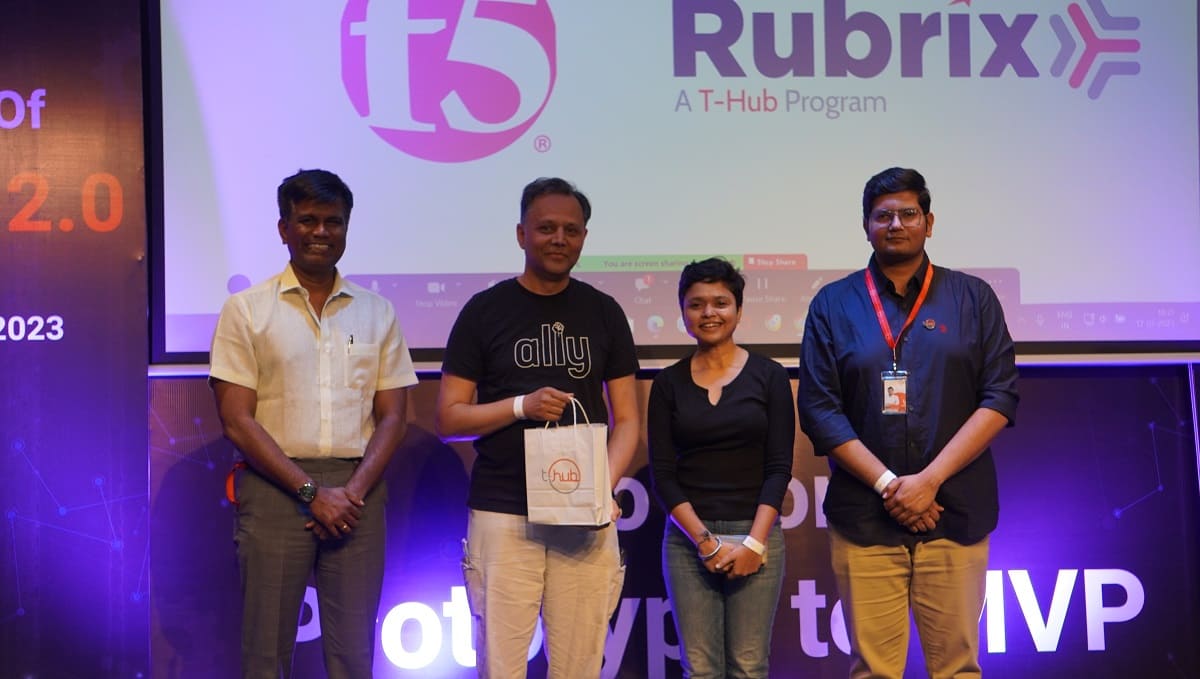
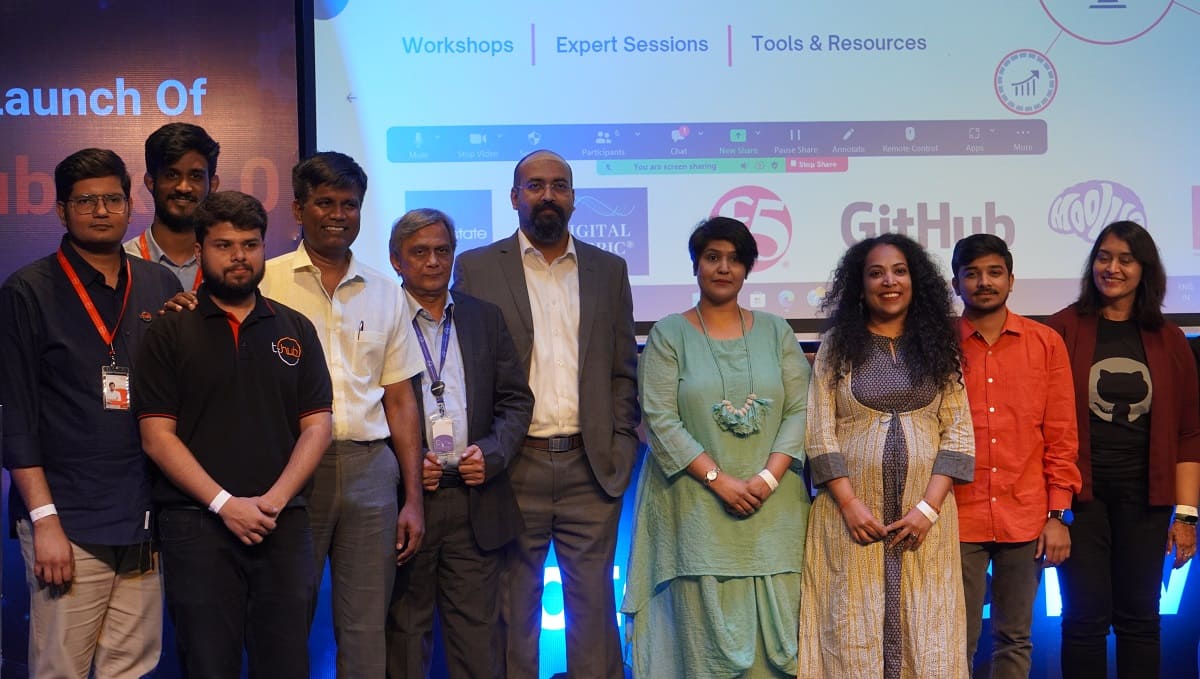
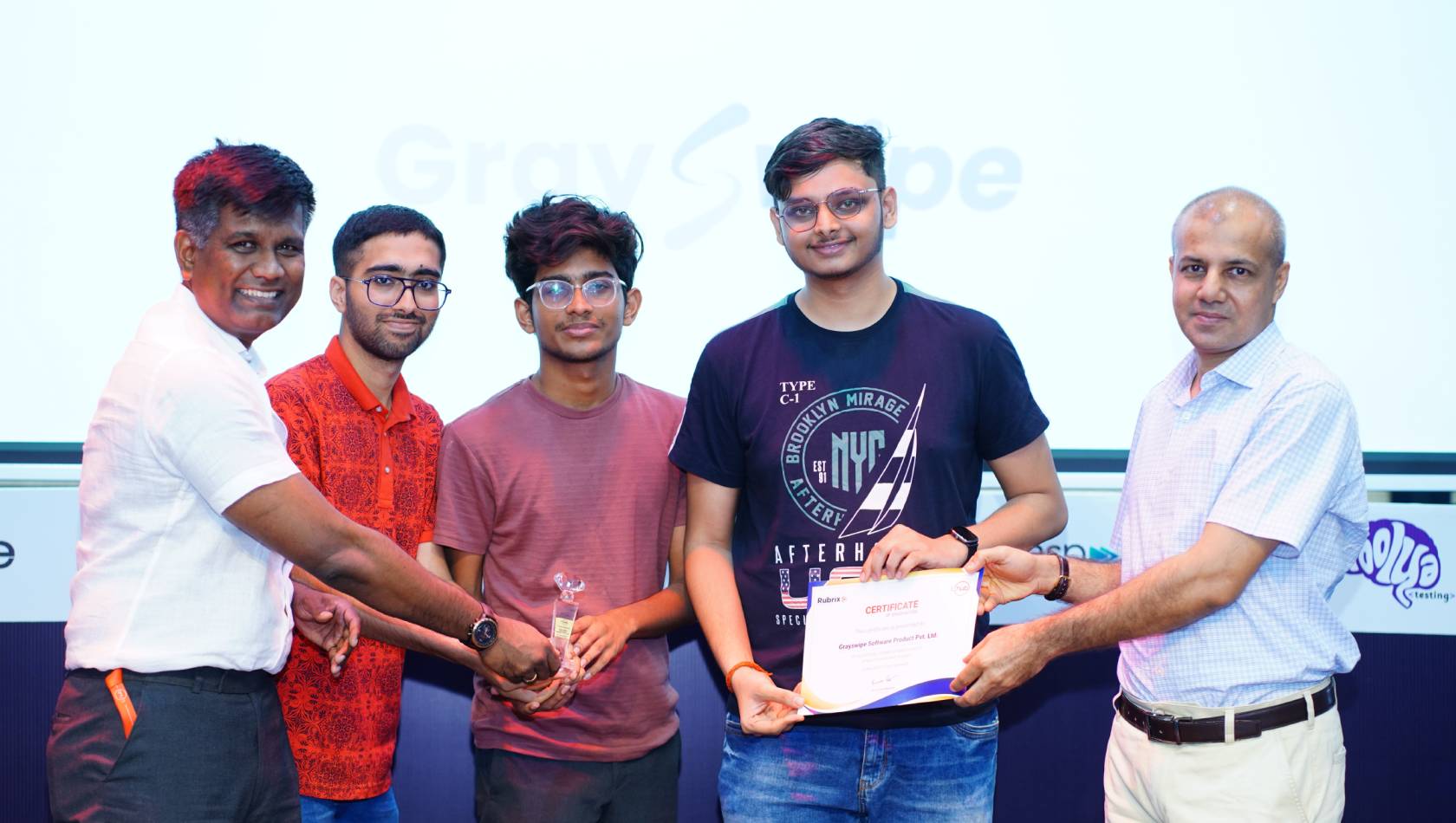
Product Demo brings together the partaking founders of a cohort for a day of MVP-showcasing, pitching, and networking with a dazzling ecosystem of product specialists.
The outcomes for entrepreneurs — business exposure, improved confidence, mindset expansion, and potential business outcomes.



Product Demo brings together the partaking founders of a cohort for a day of MVP-showcasing, pitching, and networking with a dazzling ecosystem of product specialists.
The outcomes for entrepreneurs — business exposure, improved confidence, mindset expansion, and potential business outcomes.






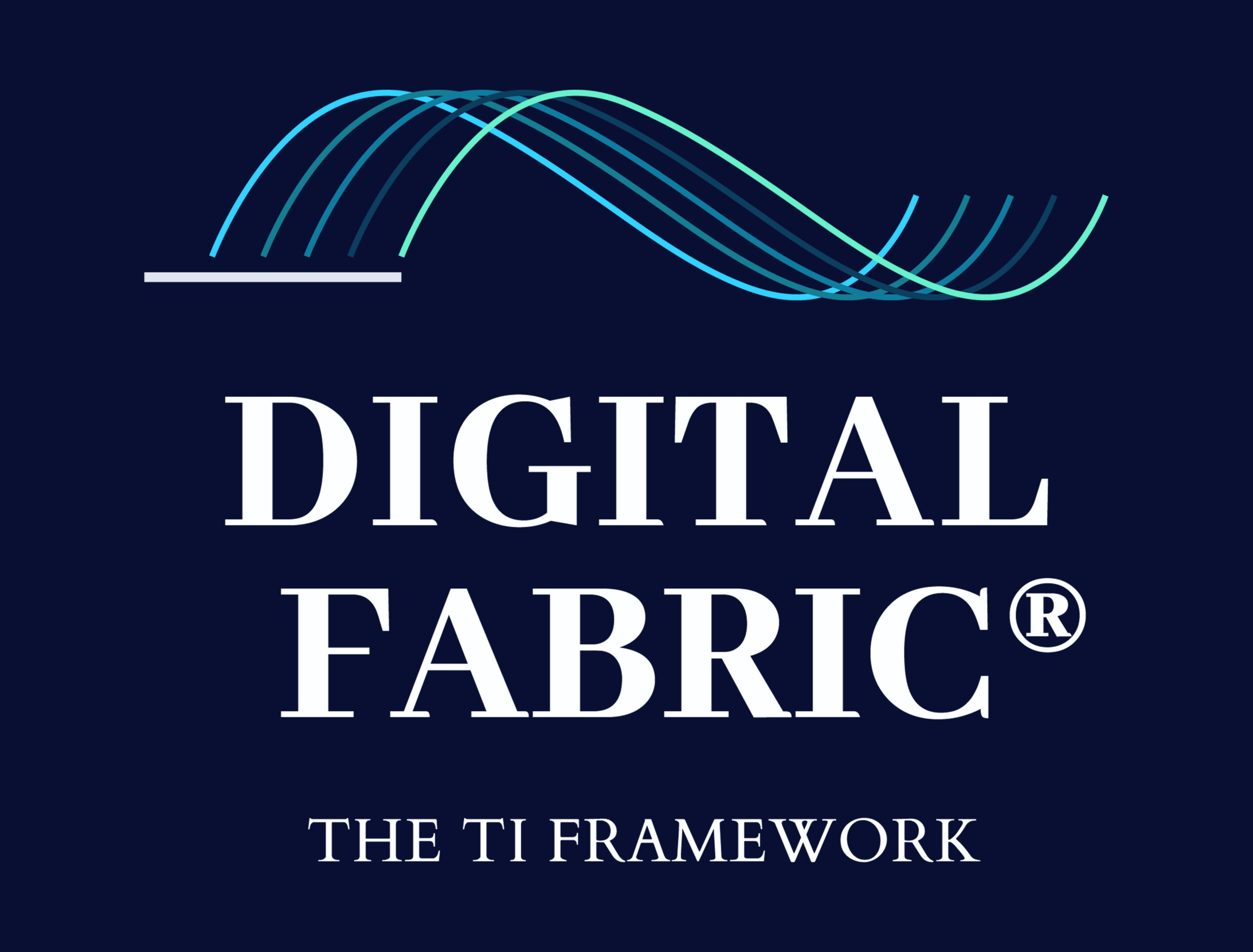



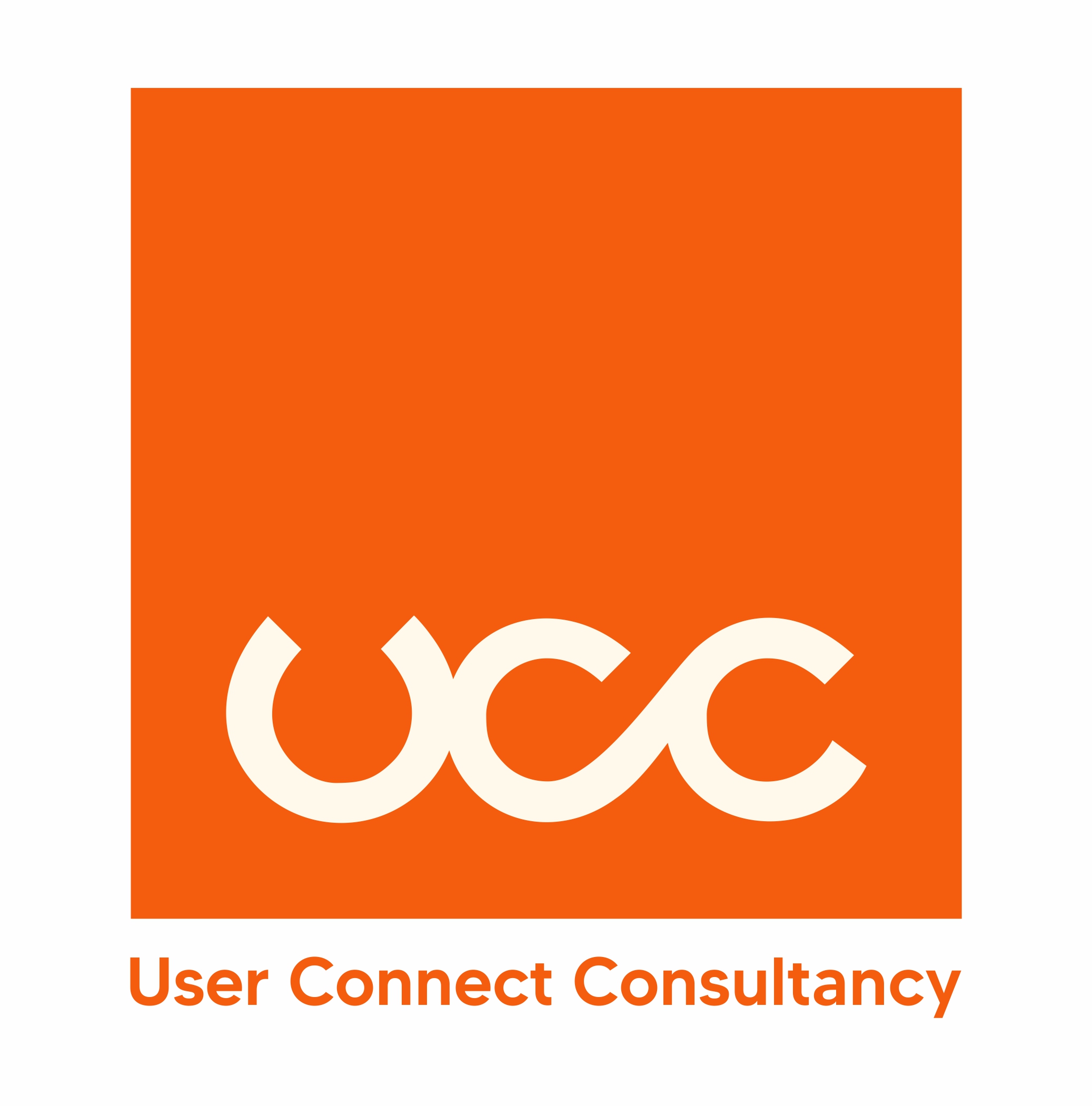

Startup ecosystem builder T-Hub has announced the call for applications for its program on product development RubriX.
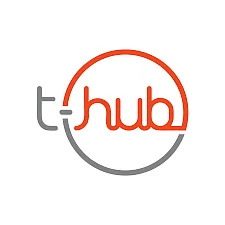
T-Hub today announced the call for applications for its program on product development RubriX. Aiming to support early-stage...
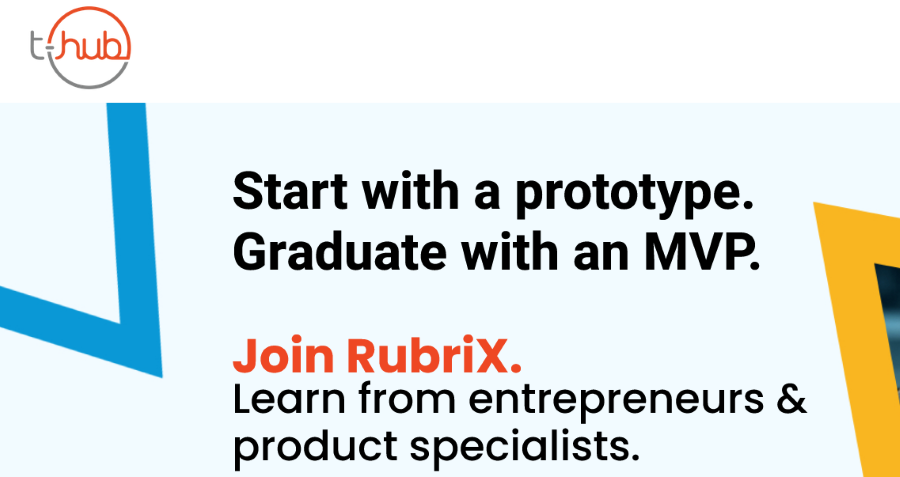
The program aims to support early-stage tech startups with ready prototypes and help them reach the Minimum Viable Product stage with minimal risks.

T-Hub, which leads India’s pioneering innovation ecosystem, today announced the call for applications for its first-ever program on product development RubriX.
A robust startup ecosystem There has never been a better time to be a…
The growing popularity of the e-commerce retail landscape in India has necessitated a change…
Much before the novel coronavirus disrupted life and work for the human race, fast-growing…
The fee is INR 60,000 + GST(EMI option is available).
